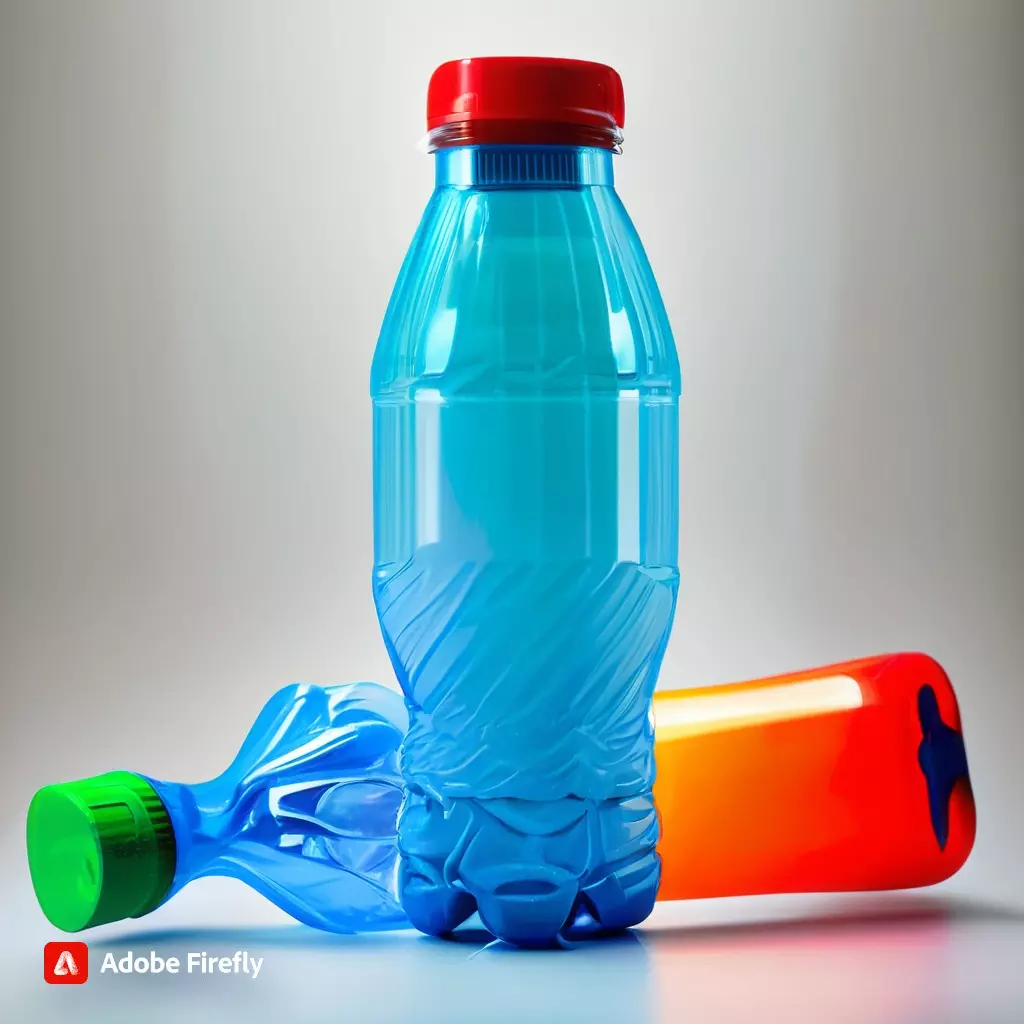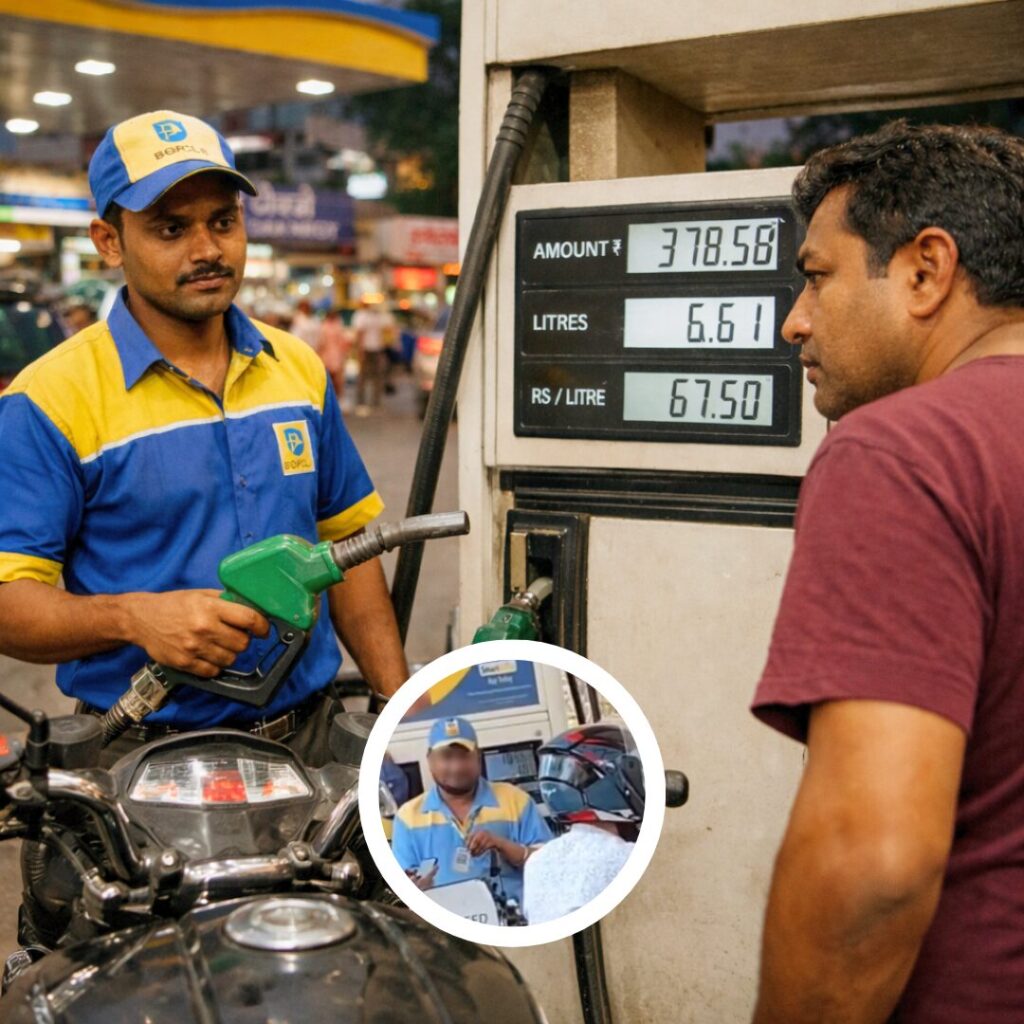Reusable plastic bottles have long been touted as an eco-friendly alternative to single-use plastics, but a recent study has shed light on a concerning issue. Researchers have found that these seemingly sustainable containers may be releasing hundreds of chemicals into the liquids they hold, raising questions about their safety for human consumption.
In a comprehensive study conducted by a team of scientists from [Name of Research Institution], the chemical composition of various reusable plastic bottles was analyzed. The research, which spanned several months and involved numerous types of plastic bottles, aimed to determine the extent to which these containers leach chemicals into the beverages they carry.
The results were startling. The study identified the release of hundreds of chemicals from the plastic bottles, including well-known culprits such as phthalates and bisphenol A (BPA). These chemicals have been linked to a range of health concerns, including hormonal disruption and potential carcinogenic effects.
One of the most concerning findings was that the extent of chemical leaching varied significantly between different types of plastics. Bottles made from polyethylene terephthalate (PET), a commonly used plastic in the production of reusable bottles, were found to release a higher concentration of chemicals compared to other plastics. This is especially concerning since PET bottles are widely used for water and beverage storage.
Furthermore, the study noted that factors like temperature, exposure to sunlight, and the age of the bottle played a significant role in the release of these chemicals. When subjected to higher temperatures or prolonged exposure to sunlight, plastic bottles tended to release more chemicals into the liquids they contained.
These findings have raised questions about the safety of consuming beverages stored in reusable plastic bottles, particularly when exposed to adverse conditions. Consumers who have been using these bottles as a sustainable alternative to single-use plastics may be inadvertently exposing themselves to a host of potentially harmful chemicals.
In response to these concerning findings, experts recommend the following precautions:
1. Limit Exposure: Whenever possible, avoid leaving reusable plastic bottles in hot cars or direct sunlight for extended periods.
2. Regular Replacement: Consider replacing reusable plastic bottles regularly, as older bottles are more likely to leach chemicals.
3. Choose Alternatives: Explore alternative materials for beverage storage, such as stainless steel, glass, or BPA-free plastics, which have shown lower levels of chemical leaching.
4. Hygiene Maintenance: Clean and maintain your reusable bottles regularly to prevent the buildup of potentially harmful substances.
5. Educate Yourself: Stay informed about the type of plastic your bottle is made from and its potential chemical composition.
While this study has undoubtedly raised concerns about the safety of reusable plastic bottles, it’s essential to remember that further research is needed to fully understand the health implications of these chemical releases. In the meantime, consumers are encouraged to take precautionary measures to minimize their exposure to these potentially harmful substances while using reusable plastic bottles.
Also Read: How Antioxidants Play A Role In Tumor Blood Flow Regulation?
https://thelogicalindian.com/h-upload/2023/09/20/500x300_233580-firefly-images-related-to-plastic-bottles-3557.webp
Trending
2023-09-20 07:08:00.0
Study Reveals Alarming Chemical Release From Reusable Plastic Bottles













